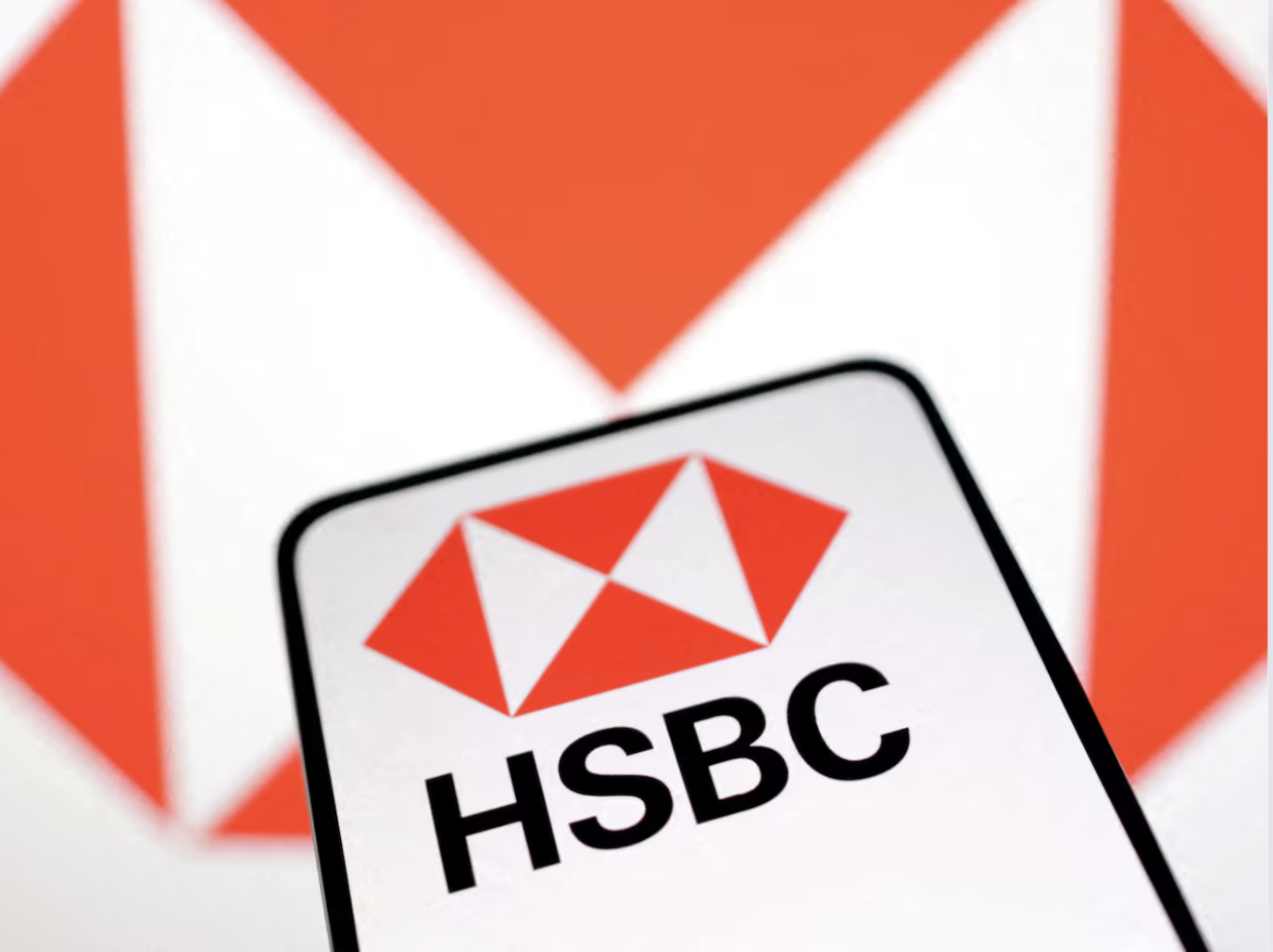At HSBC Holdings Plc, a star hire who was supposed to reinvigorate the firm’s private banking business in the Middle East is facing a reality check.
Aladdin Hangari’s efforts to build HSBC’s wealth offerings in the region have been hindered by a bevy of high-profile departures — including his predecessor Sobhi Tabbara — and fresh regulatory restrictions that will limit his ability to bring on Gulf royals and their associates as new customers, according to people familiar with the matter.
For years, HSBC has topped the league tables for capital markets in the Middle East, landing plum appointments on most of the region’s highest-profile fundraisings, from Aramco’s historic share sale to Abu Dhabi National Oil Co.’s mega initial public offering of its natural gas business.
However, there’s always been one problem with the bank’s business in the region: While Gulf royals have long turned to the bank for their underwriting needs, they largely haven’t chosen HSBC to manage their hundreds of billions of dollars in wealth. Instead, they’ve parked their fortunes with the likes of Credit Suisse, UBS Group AG, and Julius Baer Group Ltd.
This has led HSBC to look to Hangari, who was Credit Suisse’s top wealth-management executive in Qatar before joining the British bank late last year, to reignite the business. To pull it off, Hangari made a series of pledges, including that he’d double his division’s roughly $50 billion in assets under management in the coming years, according to one of the people familiar with the matter, who asked not to be named discussing non-public information.
“In wealth, in Hong Kong, we’re already a powerhouse,” Georges Elhedery, who will take over as HSBC’s chief executive officer later this year, told investors in March. “But we recognize we can do more in other parts of Asia and the Middle East.”
Tabbara’s exit angered several ultra-wealthy customers, who yanked about $4 billion dollars from HSBC at the start of the year, according to the people familiar with the matter. While that’s now stabilized, it’s a sign of some of the challenges Hangari has faced in his first few months on the job.
“Staff turnover is natural and we’re not seeing anything out of the ordinary,” a spokesman for HSBC said, declining to comment on individual employees. “HSBC continues to invest in expanding our franchise in the Middle East. We’re growing our business and actively recruiting talent in the region.”
This account is based on conversations with more than a dozen people familiar with the matter, who asked not to be named discussing non-public or personnel information.
HSBC’s private banking woes in the Middle East can be traced back to the years immediately following the financial crisis, when the lender was forced to cleave off businesses — including many of its wealth operations across the Persian Gulf — as it sought to rein in risk and boost profits.





